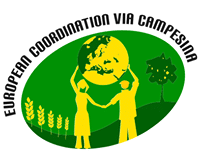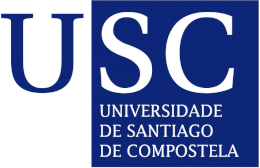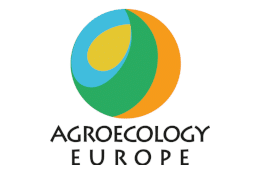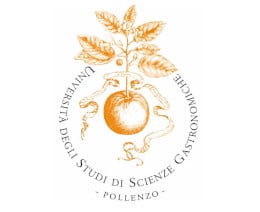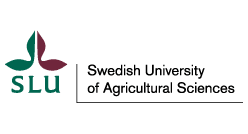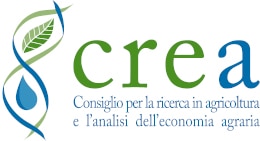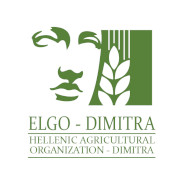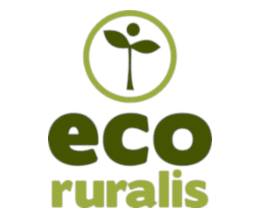Within the frame of the AE4EU project, a team, led by Coventry have aimed to mapped existing public funding on agroecology. Our mapping of public funding for agroecological research and practice in Europe followed a twin-track method. Existing databases provided some information about funding for research; and practice was addressed by contacting ministries of agriculture for a top-down view, in combination with interviewing and surveying agroecological farmers for a bottom-up approach.
We set out to collect comparable, quantitative data on public funding, and discovered significant challenges yet a wealth of unexpected qualitative information.
Research funding: Elements of agroecology may be included in research projects which do not use the word itself. Other key words such as organic, brought up projects covering, for example, organic chemistry rather than farming. When agroecology is present in a research project, it is impossible to discern what proportion of funds is dedicated to agroecology and what proportion to other things. What figures do show, however, is that the number of projects naming ‘agroecology’ is growing, year by year, which is hopefully a positive trend.
Funding for practice – key highlights, top down: While national governments collect data on how CAP funding is distributed, there is no clear allocation in the current CAP specifically for agroecology: while there are national measures for soil health, for example, how these measures are interpreted and how the data is collected varies from country to country. Bottom-up: Grass-roots surveys and interviews with agroecological farmers provided useful qualitative data as many of the same problems were encountered by agroecological farms, whether they were based in Romania, Northern Ireland, Spain or the Netherlands! Essentially, there is insufficient access to impartial advice about agroecological methods and in most countries small farms face barriers to applying for and receiving funds. We also discovered some excellent examples of when public funding for agroecology has worked well, and we intend to showcase these to policy makers to improve existing funding flows.
The data challenges we encountered are themselves useful research outcome, as they highlight that clearer guidelines and understanding are needed by Ministries of Agriculture that administrate CAP payments and collect data around agroecology.
In the video below Dr Nina Moeller of Coventry University shares some of our main findings in more detail:
Author article: Lindy Binder, Coventry University
Video interview: Lindy Binder, Coventry University. Speaker: Nina Moeller, Coventry University

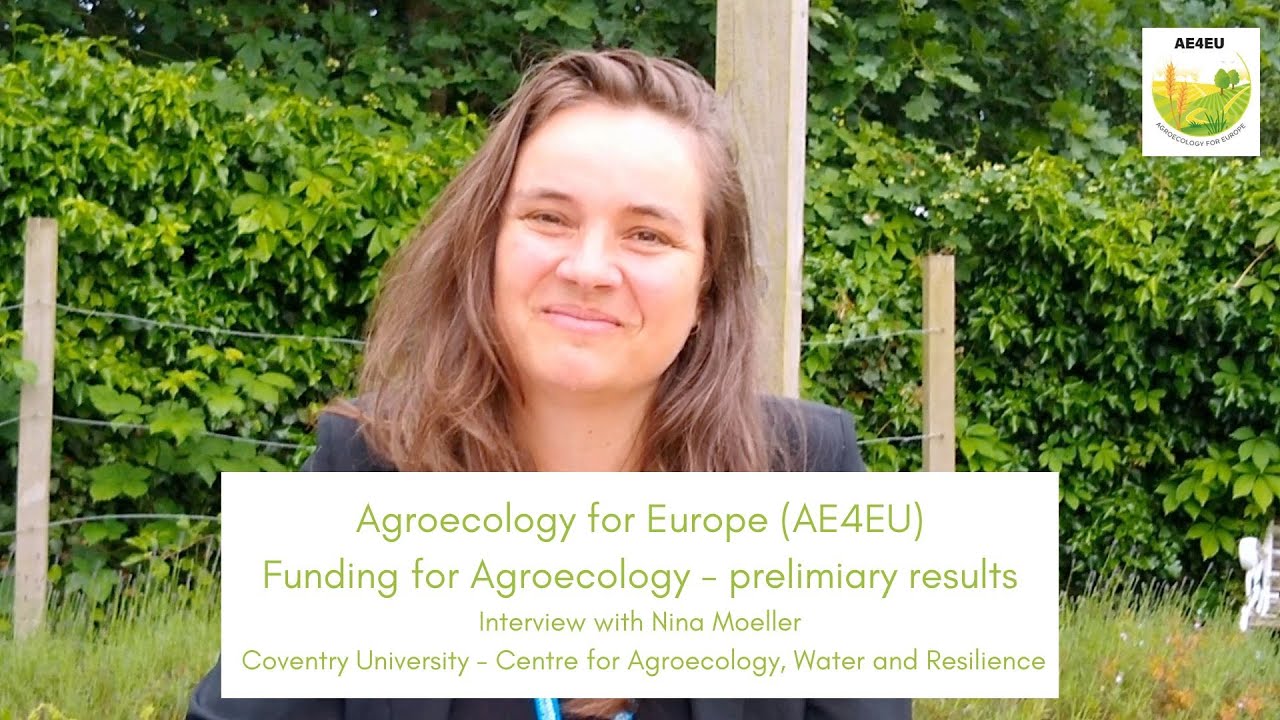
 Innescare e coltivare Agroecologia – Living lab meeting, 24th of November 2022
Innescare e coltivare Agroecologia – Living lab meeting, 24th of November 2022



